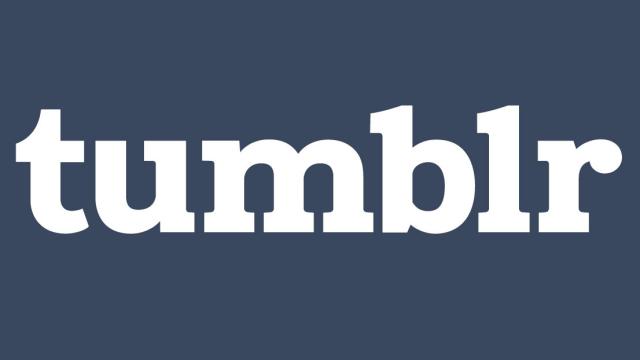Today, Tumblr announced that it will soon prohibit users from uploading porn in an effort to deal with the platform’s ongoing issues with people posting child pornography and other problematic, illegal content. While the decision is definitely borne out of good intentions, it’s more than likely going to have a bigger impact on a number of the fandom communities it gave rise to.
In a public statement regarding the upcoming changes, Tumblr CEO Jeff D’Onofrio explained that going forward, the site will use programs taught by humans to identify and flag content featuring explicit content and subsequently shutter any sites where such context exists:
Starting December 17, 2018, we will begin enforcing this new policy. Community members with content that is no longer permitted on Tumblr will get a heads up from us in advance and steps they can take to appeal or preserve their content outside the community if they so choose. All changes won’t happen overnight as something of this complexity takes time.
Another thing, filtering this type of content versus say, a political protest with nudity or the statue of David, is not simple at scale. We’re relying on automated tools to identify adult content and humans to help train and keep our systems in check. We know there will be mistakes, but we’ve done our best to create and enforce a policy that acknowledges the breadth of expression we see in the community.
It’s easy to understand why this is Tumblr’s particular course of action to handle a problem as serious as illegal, harmful pornography, but at the same time, there’s something to be said for the, we’ll say, “graphic” communities that Tumblr’s ushered in.
While close-knit fandoms predate the internet by a country mile, Tumblr rose to prominence at a time when the relationships between fans and the studios (that create the things fans love) were becoming much closer and transparently reciprocal in a way that can’t be understated.
While much of what lives on Tumblr might be considered “just pornography,” there’s also a sizable community of people for whom Tumblr and all of its explicitness was a kind of haven for the imagination where concepts and ships that wouldn’t likely ever make it to the big or small screen could thrive. As obvious as it is just going by the text of the films themselves, the idea of Star Wars’ Poe Dameron and Finn being in love is something that never really would have caught on were it not for the way that Tumblr artists, writers, and fans rallied around the ship. Similarly, creators have come to use their Tumblr accounts as a place where they can have meaningful interactions with people that sometimes culminate in wild ideas being incorporated into books, television, and films that might not have otherwise.
None of that is wholly dependent on the presence of porn on Tumblr, but it would be silly to pretend that the two were entirely disconnected from one another. Regardless of how one feels about victim-less pornography, it is a form of creative expression that has played a key role in many people’s process of self-discovery and determination. Obviously, it’s not as if pornography is being erased from the internet whole cloth, but Tumblr is going to lose a significant part of its identity that turned it into cultural juggernaut that it is today.
What’s even more worrying, though, is the clumsy way that Tumblr seems to be moving forward with its policy. A number of the platform’s users have taken to their profiles on other social media sites to point out the way Tumblr is already being overly-aggressive with its attempts at censorship. While it makes a certain degree of sense that these first pivots might be a little bumpier than people would like, it’s also very concerning considering that there’s no way to tell whether Tumblr’s actually going to
